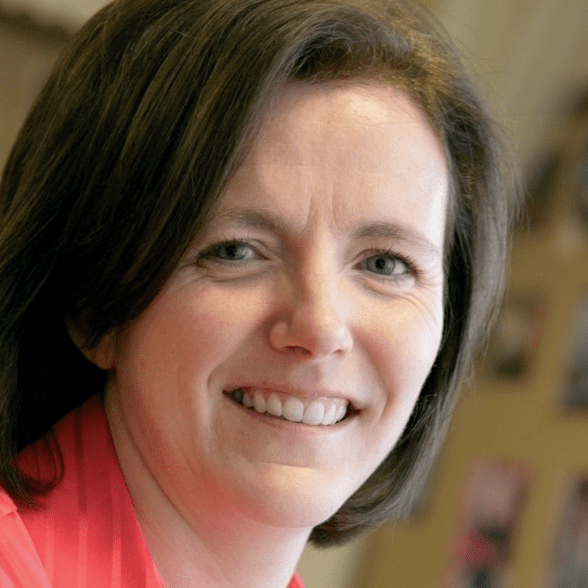Not Enough Children Under 5 with SEND Are Benefiting from PVI Provision

9.77% of children with a statement or EHC plan were benefiting from PVI provision, compared with 9.99% in 2010

Are young children with special educational needs and disabilities (SEND) more likely to be accessing early years education in the private, voluntary and independent (PVI) sector than in 2010? Department for Education (DfE) census data suggests not.
Figures published by DfE in May this year show that in the 2017 January census, 281 children aged under five years had a statement and 11,348 had an Education and Health Care Plan; 11,629 children in total.
The census also tells us that 1,136 children with statements or EHC plans were accessing non-maintained early years settings in the PVI sector.
If we assume these children are also aged under five years (and the analysis presented in this article assumes children accessing PVI provision are), then 9.77% of children with a statement or EHC plan were benefiting from PVI provision, compared with 9.99% in 2010.
Rather than a picture of progress, we see a marked decline in 2011, followed by stop-start recovery, to reach the 2010 position again in 2016 (9.97%).
Meeting additional needs
What do we know about families’ experience of using early years provision? Ceeda’s national benchmark research on parental satisfaction with PVI early years provision can shed some light here.
Parents giving feedback in Ceeda surveys are asked if their child has any additional needs. This self-defined measure cannot be used as a proxy for children with statemented needs or an EHC plan.
It does, however, provide useful insight into the extent to which settings are meeting the needs of children requiring extra support.
In the period January 2016 to December 2017 a total of 19,710 parents gave feedback in the Ceeda parent survey and of these, 1,276 (6.5%) said their child had additional needs.
These needs ranged from dietary allergies to complex and multiple disabilities. Survey questions cover several themes including the safety and security of the nursery environment, caring and learning, partnerships with parents and timing and flexibility of care.
Each theme is assessed using several questions rated on scale of 1 to 10 where 10 is very good.
Ratings are very similar for parents giving feedback on the care of children with and without additional needs, as shown in the panel below. Parents’ overall satisfaction is marginally higher for children with additional needs (8.96 compared with 8.92 out of a possible 10) and 76% would definitely recommend their childcare provider compared to 74% for children without additional needs.
This positive experience is echoed in research into childcare provision for children with SEND conducted by NatCen Social Research as part of the SEED study, published in January 2017.
The study found that, “Parental views of the care and support offered by settings was typically very positive.” The evidence base thus points to a need to improve access to PVI early years provision so that more children can benefit from the positive experience reported.
The SEED study concluded that resource constraints were the greatest barrier to participation: “The greatest barrier settings faced to fully meeting the needs of children with SEND was resource constraints, including a lack of additional funding.
There were also issues with the complexity of funding application processes and the length of time it took to receive additional funding, as well as the adequacy of amounts.”
It will be important to evaluate the effectiveness of the new early years funding formula and, in particular, the level and distribution of SEN Inclusion Funds and Disability Access Funding, in opening up access to high-quality early years provision for children with SEND.
Find out more about Ceeda’s research at aboutearlyyears.co.uk or call 0845 680 0631.
Key figures
Average ratings of parents of children with (and without) SEND…
- 8.88 Safe and secure environment (8.90)
- 9.08 Caring and learning (9.10)
- 8.97 Partnerships with parents (8.93)
- 9.13 Timing and flexibility (9.10)
- 8.96 Overall satisfaction (8.92)
Dr Jo Verrill is managing director at Ceeda.












